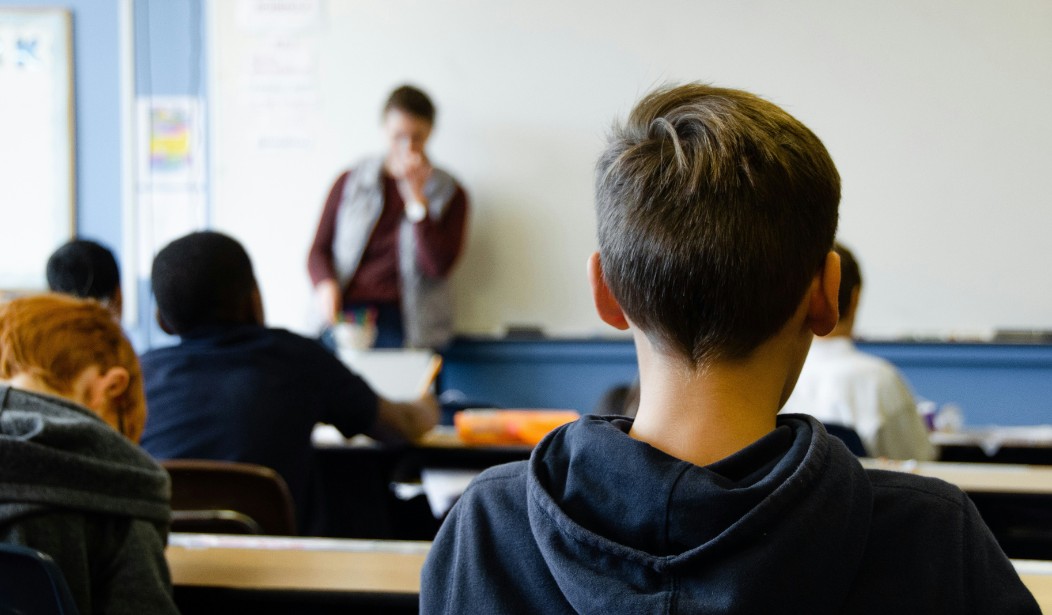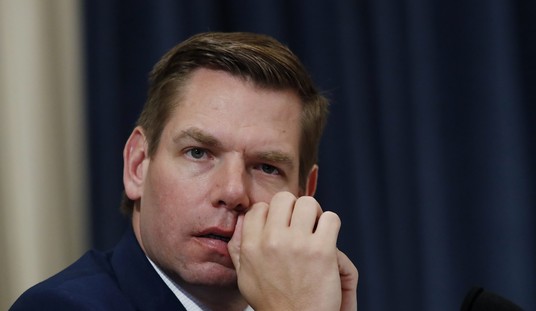Nebraska schools could soon allow staff members to be armed after the state legislature passed a law aimed at protecting students from potential mass shooters. The measure now awaits Republican Gov. Jim Pillen's signature.
The legislation has met with mixed reactions from those concerned about the safety of schoolchildren.
The law does not apply to all of the state’s schools, but it does allow those located in rural areas with low populations to arm teachers and other members of school staff.
The provision that would allow such staff to carry firearms in schools and at school-related events originally included all districts across the Cornhusker State, but now applies only to those with under 5,000 residents after opposition from some areas of the state led lawmakers to compromise.
"It doesn't apply to all the schools. This was designed for the rural schools where they didn't have a resource officer or law enforcement wasn't readily available," state Sen. Tom Brewer, who introduced the measure, said, according to a local report.
The measure would enable schools to either hire security or elect a specific member of the school to carry a weapon.
"It can be anyone from the superintendent to the janitor," Brewer continued, according to the report. Regardless of the choice, those who are armed must undergo training.
Some fear that, without the imminent presence of someone capable of confronting a school shooter in the event of an emergency, law enforcement could otherwise be 15 minutes – or further – away from these rural districts.
When the provision was being discussed earlier this year, members of the community on both sides of the issue made their opinions known.
Zach Kassebaum, superintendent of Lincoln Christian School, supported the proposal, which would require training and a policy for appropriate use of force. Kassebaum said the proposal could meet the needs of private or rural schools.
“Selecting individuals with the right aptitude, temperament and willingness to receive rigorous training -- it's not this picture of emotion that has been created of armed teachers in their classroom walking the hallways with a weapon on their hip,” Kassebaum said.
Pat Ritchie, a 36-year teacher in schools around the state, opposed the bill, which she said could be counterproductive.
“I believe that teachers with guns will be, no pun intended, a trigger for many students who come from violent home lives or neighborhoods. I believe that our young people who are not fully developed with their brains and their emotional responses are going to be tempted with pranks or theft of ammunition or guns,” Ritchie said.
Also testifying against it was Sharon O’Neal, a former Lincoln paraeducator, who listed alternatives for stopping school violence.
“Hardening school environments to prevent unauthorized entry. Ensuring adequate mental health services are available for students and for staff. Working with community partners to implement trauma-informed crisis intervention practices before a person commits an act of violence. Implementing early detection and response to behavioral red flags. And informing families -- perhaps even mandating -- proper secure storage of guns to prevent access by children,” O’Neal said.
Discussions over protecting students from would-be school shooters have been abundant over recent years as the nation has seen far too many tragedies that could have been prevented. Much of the conversation has focused on gun control.
However, those who are actually looking for solutions have focused more on hardening schools to deter or prevent would-be mass murderers from victimizing schoolchildren. Some states have already enacted measures such as armed security, metal detectors, and others.
But the debate has also focused on whether teachers and other members of school staff should be allowed to carry firearms on campus. In some states, governments have already passed legislation allowing for this. Other states are still discussing the idea, with many expressing reservations about such a move. However, in Nebraska’s case, it makes sense given that schools in rural areas don’t have quick access to help in the event of a school shooting.
The bottom line is that the only way to prevent a mass shooter from targeting children is to have the capability to use the same level of force against him. All in all, I’d say Nebraska’s legislature made the right move.














Join the conversation as a VIP Member